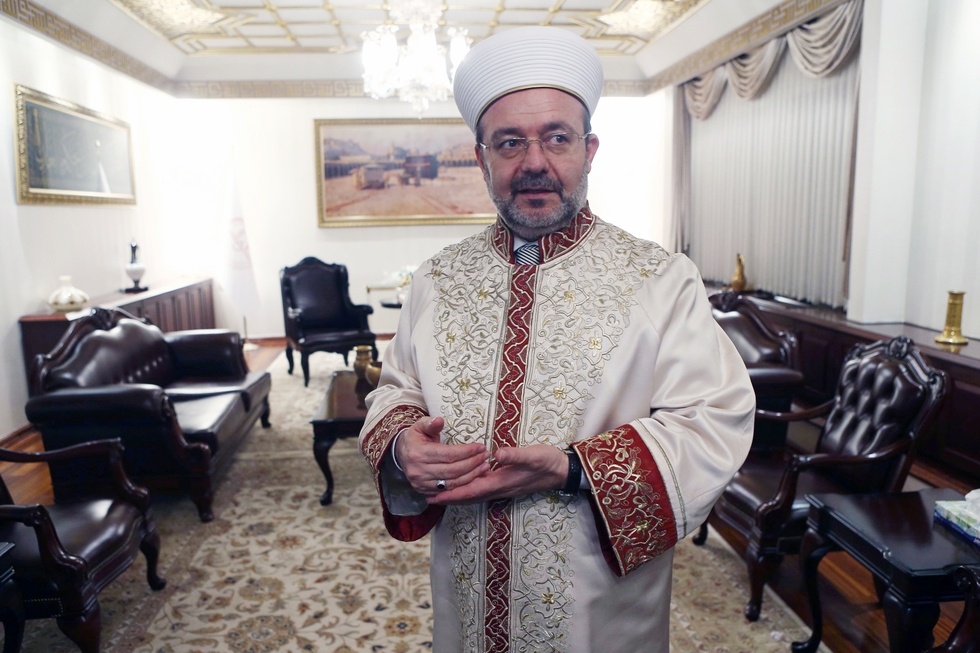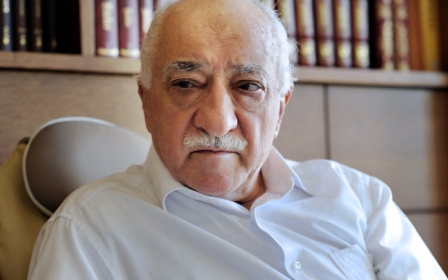Turkey's religious ministry denies condoning incest

Turkey's Ministry for Religious Affairs has denied issuing guidance condoning incest.
The controversy blew up after an anonymous user asked a question on the website of the President of Religious Affairs, or Diyanet, inquiring whether “a father’s lust for his daughter would affect his marriage".
The ministry then reportedly answered that there were different perspectives on the matter and cited a number of religious sources.
“For some, a father kissing his daughter with lust or caressing her with desire has no effect on the man’s marriage,” it answered.
The issuing of the advice provoked a storm on social media, with many Turks accusing the Diyanet of condoning child abuse.
Late on Friday, Ekrem Keles, head of the ministry's High Council on Religious Affairs, denied that that the Diyanet had condoned incest.
“An extensive investigation has been launched into the unfortunate incident at the order of the head of the Religious Affairs Directorate. A security report shows the website of our High Council on Religious Affairs has been subject to many attacks,” he said, in a statement.
“Such a fatwa has never been issued by our High Council on Religious Affairs,” he said, adding that the site had now been shut down to “prevent abuse".
The Diyanet provoked controversy last week after it publicly stated that soon-to-be-wedded couples should not flirt or hold hands.
"There is no harm in engaged couples meeting to get to know each other, as long as they follow the rules of privacy," it said in a statement on its website.
"But engaged couples need to refrain from flirting, living together, staying together tete-a-tete in a way that could give rise to gossip, holding hands and other behaviours that are not endorsed by Islam."
The Diyanet was formed by the Republic's founder, Mustafa Kemal Ataturk, in 1924 following the abolition of the Ottoman Caliphate.
New MEE newsletter: Jerusalem Dispatch
Sign up to get the latest insights and analysis on Israel-Palestine, alongside Turkey Unpacked and other MEE newsletters
Middle East Eye delivers independent and unrivalled coverage and analysis of the Middle East, North Africa and beyond. To learn more about republishing this content and the associated fees, please fill out this form. More about MEE can be found here.




